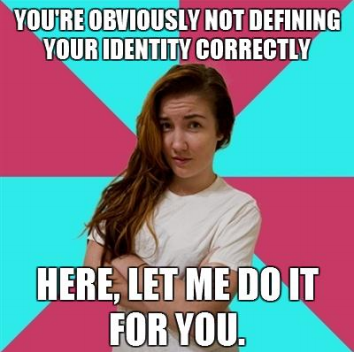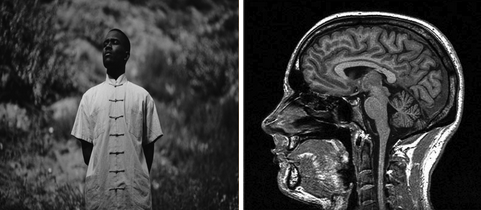by Hiroshi Ishii-Adajar, ’16

I was recently working on homework amidst the rush of preparation of Pilipino Cultural Night (a showcase of Filipino culture through theatre and dance), and I read Sammie Wills’ stance on why cultural shows make her cry. Her thoughts prompted me think about the evolution of my take on culture, especially after entering college.
As a high school, I despised what I perceived as “culture.” This dislike was partially fueled by the way it tempered the lens through which people viewed me, a.k.a the stereotype. Even deeper than that, however, the word “culture” seemed to imply to me that everyone belonged to one; as a man of mixed descent whose “cultures” have little in common, and one of which has oppressed the other, I could not identify strongly with any established culture. “So create your own,” one might say. But what is a culture that only you belong to? Most people just call that a personality. So I festered in my moral relativistic distaste of my cultural heritage. Continue reading






